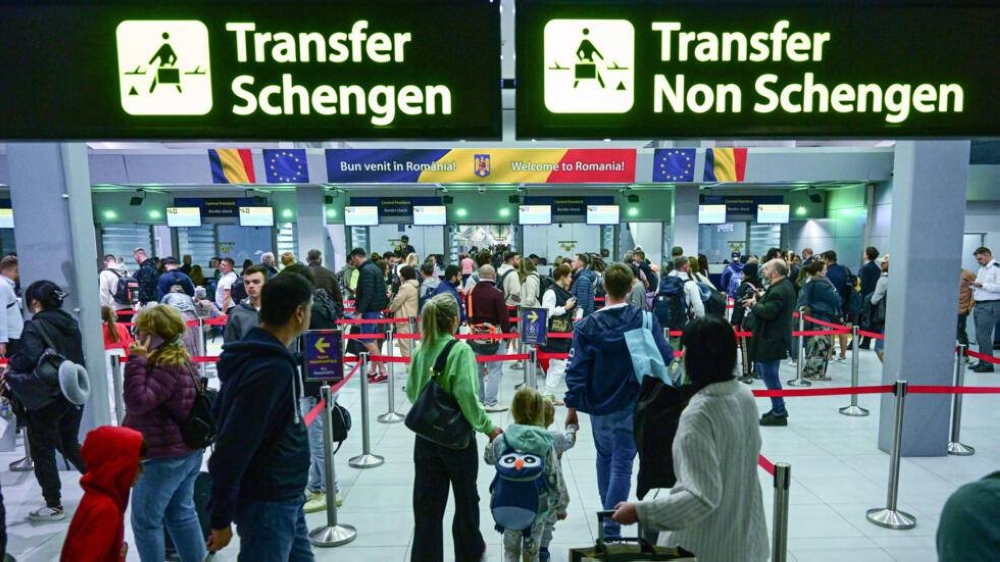Bulgaria and Romania officially joined Sunday the Schengen Area after a 13-year wait, allowing citizens of the two countries to freely travel by air and sea without border checks, which will keep their land borders closed to them for the time being.
The Schengen Area is an area that includes 27 European Union (EU) countries, and it has abolished passport and immigration controls on their common internal borders.
Despite this partial accession, which is limited to airports and seaports, the step is of great importance and constitutes a great success for both countries.
"This is a great success for both countries, and a historic moment for the Schengen area - the largest area of free movement in the world," EU Commission President Ursula von der Leyen said in a statement.
Croatia, which joined the EU after Romania (19 million people) and Bulgaria (6.5 million people), members since 2007, has preceded them in this step, joining the Schengen Area in January 2023.
With Bulgaria and Romania arriving joining Sunday, the Schengen zone will comprise 29 members - 25 of the 27 European Union member states as well as Switzerland, Norway, Iceland and Liechtenstein.
The Schengen Area began as an intergovernmental project between five countries in 1985, namely Belgium, France, Germany, Luxembourg, and the Netherlands, and gradually expanded to become the largest free travel area in the world. In addition to facilitating people's travel freely without internal border controls, the Schengen Agreement greatly benefits the European economy. Schengen is the name of a small village in Luxembourg.

